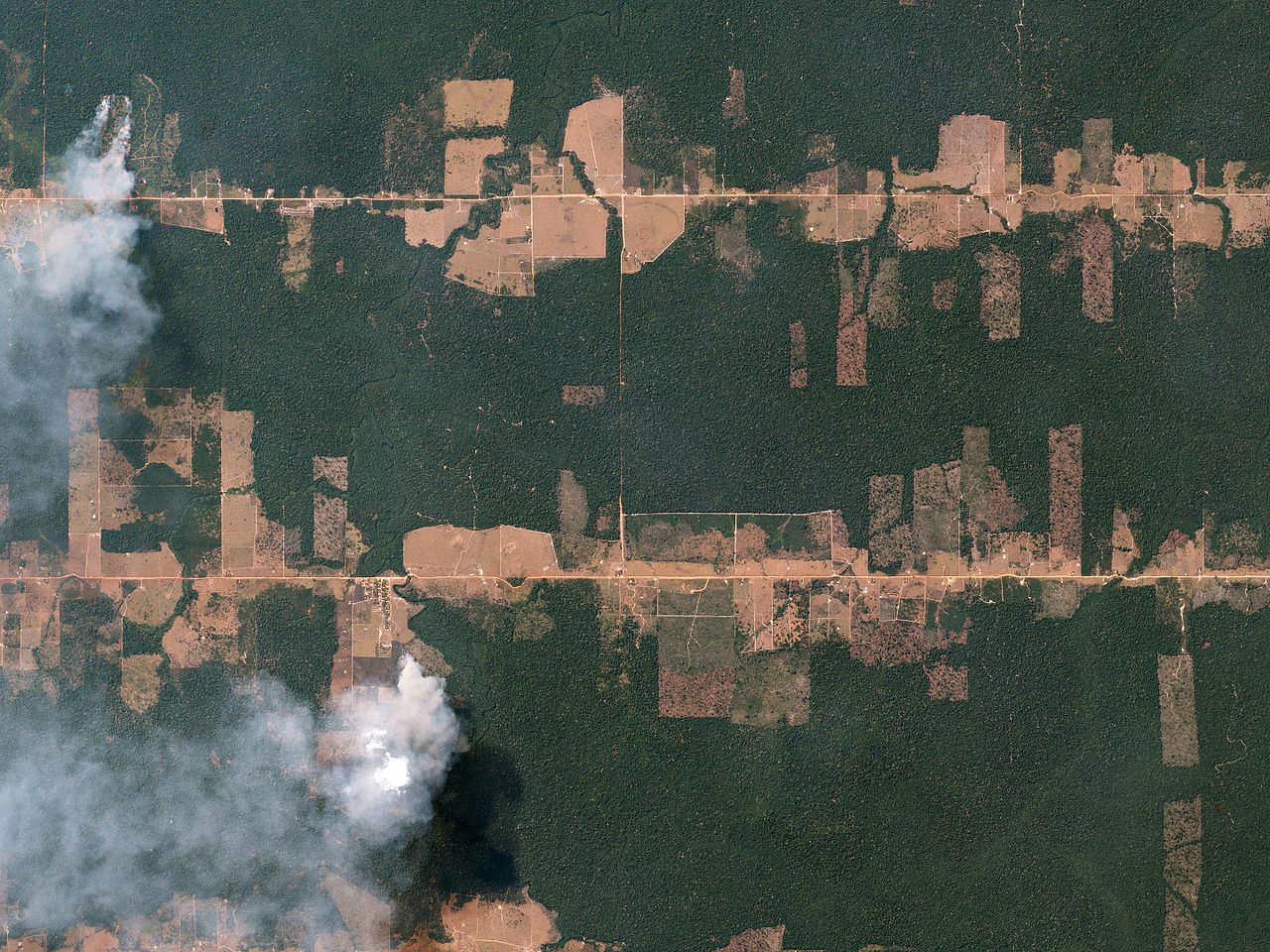Brazil's president-elect, Jair Bolsonaro, plans to merge the environment and agriculture ministries in a move which many fear will put short-term business gain ahead of the long-term global battle against climate change.
Bolsonaro, who will be sworn into office in January, promised that he would merge the two ministries during his election campaign in order to ensure that production (and the prosperity it brings) takes priority over environmental protection. Although subsequently hinting that he might reconsider, a statement this week suggested that the plan still remains. This will please Brazil's huge agri-business and mining lobbies, who were among Bolsonaro's strongest backers because of their desire to open up and exploit the Amazon, Cerrado savannah and other protected areas.
Bolsonaro, who has also promised to relax gun laws and has previously joked about killing his left-wing opponents, is widely considered by conservationists to represent a clear and current danger not only to Brazil, but to the entire planet. His position on the Paris Agreement, a climate accord which aims to reduce carbon emissions and consequently ensure that global warming remains under 2 degrees celsius, remains unclear. Although initially claiming that he'd pull Brazil out, he subsequently stated that he would remain on the condition that there were no restrictions placed on Brazil opening up the Amazon for resources. This in itself is something of an oxymoron, given that preserving the Amazon as completely as possible is vital in any attempt to meet Brazil's targets, as set out in the Paris Agreement.

Satellite imagery showing deforestation in Rondônia, Brazil, in August 2016 – fires burn, clearing hectares of rainforest in preparation for farming and grazing. Despite being closely monitored, illegal forest clearance continues unabated (Planet Labs Inc).
The president-elect's position of business over biodiversity is of great concern to conservationists worldwide. He has already made strong statements about ways to exploit Brazil's natural resources, such as stating his opposition to a policy of reserving 12 per cent of the country's land for indigenous tribes. More land and environmental defenders have been killed in Brazil than any other country – and, with an anti-environmentalist in office from January, the fear is that this worrying statistic will become even more pronounced as criminals feel increasingly confident to use more violence against forest-dwellers.
With the US currently run by a Republican party full of climate-change sceptics and deniers, and China recently starting to peel away from its green position, the focus now falls on Europe to take a lead. Deforestation is largely driven by demand for land to grow soybeans, which are exported to feed livestock, and to expand cattle farms, and there are now calls for the EU to introduce laws which ensure that any imports are not linked to deforestation or human rights violations. The coming years could well be some of the most turbulent in Brazil's – and the world's – recent history.
No comments:
Post a Comment